NRB governor appointment controversy: Nabil Ex-CEO Dhungana’s candidacy sparks conflict of interest debate
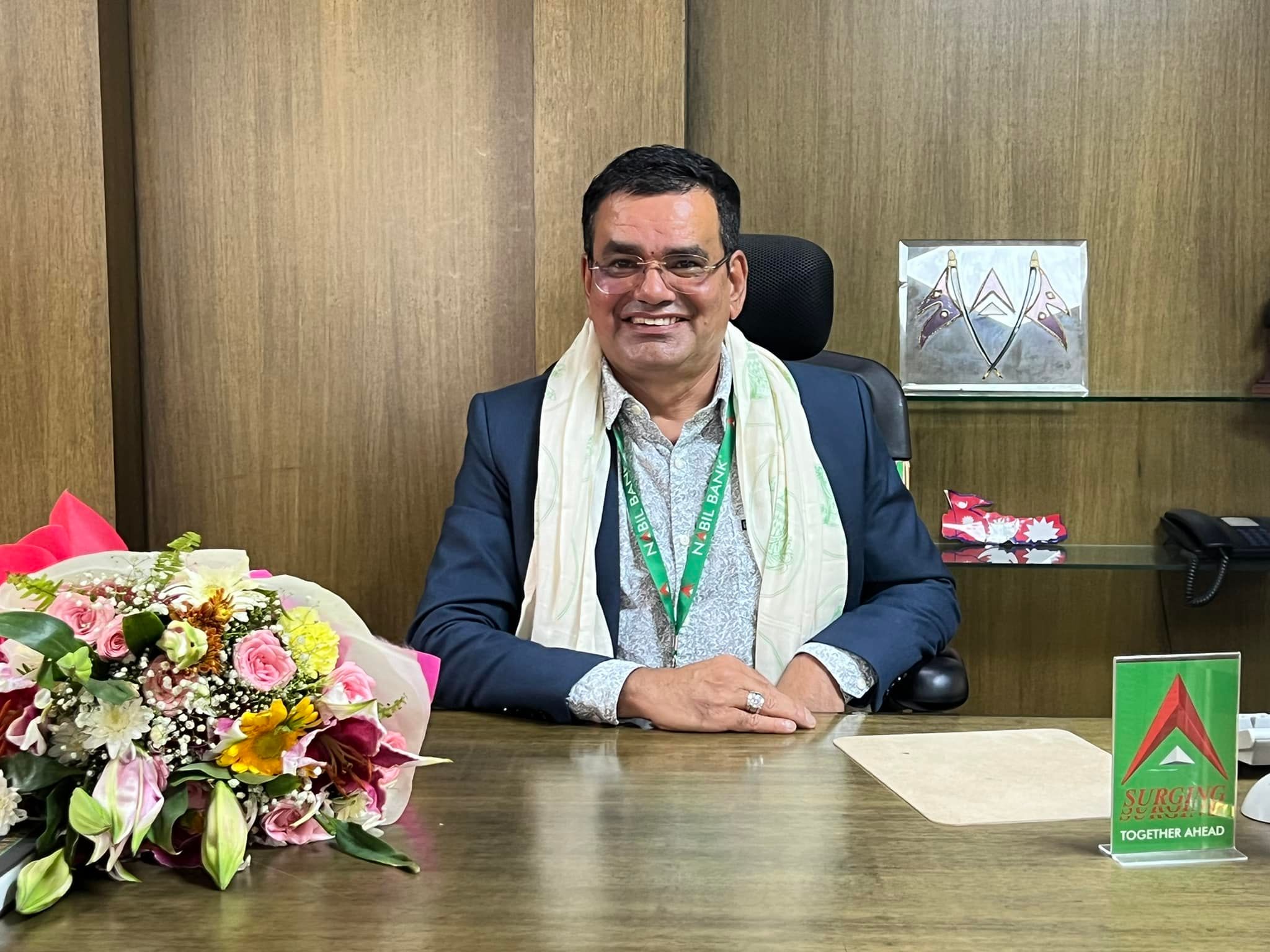
KATHMANDU: The appointment of Nepal Rastra Bank’s (NRB) next governor has taken a dramatic turn, with Gyanendra Prasad Dhungana emerging as a contentious candidate amid allegations of conflict of interest and intense lobbying by Congress leaders and billionaire controversial businessman Binod Chaudhary. Dhungana, who resigned as CEO of Nabil Bank just three days ago, is at the center of a political storm that could shape Nepal’s financial regulatory landscape.
Congress Leaders Push for Dhungana Amid Controversy
The Nepal governor appointment saga intensified after some Congress leaders, including Foreign Minister Arzu Rana Deuba, began openly supporting Dhungana. Sources reveal that Dhungana has been actively lobbying, accompanied by Congress MP Sita Gurung, to secure the coveted NRB governor position. This push comes despite his recent resignation from Nabil Bank, raising eyebrows over potential conflict of interest given the bank’s ongoing disputes with NRB.
Congress Treasurer Umesh Shrestha and Binod Chaudhary, a prominent tycoon with stakes in Nabil Bank, have reportedly been advocating for Dhungana for months. Critics argue that this move reeks of cronyism, especially as Nabil Bank’s ownership issues and dividend repatriation restrictions remain unresolved at NRB. “Appointing someone so closely tied to a commercial bank under scrutiny undermines the integrity of Nepal Rastra Bank,” a financial expert told Fiscal Nepal.
Binod Chaudhary’s Influence Under Scrutiny
Binod Chaudhary’s role in the Nepal governor appointment controversy has fueled speculation. Nabil Bank, partly owned by Bangladesh-based NB International—a company linked to Chaudhary—has been barred from transferring dividends abroad due to Nepal’s strict foreign investment laws. Sources suggest Chaudhary sees Dhungana as a key ally who could greenlight these transfers if appointed governor.
Chaudhary’s autobiography famously details how he bypassed Nepali laws to invest overseas, a revelation that has long irked regulators. NRB has repeatedly demanded clarity on NB International’s ownership, suspecting it masks Chaudhary’s foreign holdings. “If Dhungana becomes governor, it could be a game-changer for Chaudhary’s financial maneuvers,” a source close to NRB said.
PM Oli Opposes Dhungana’s Candidacy
Prime Minister KP Sharma Oli has emerged as a staunch opponent of Dhungana’s candidacy. Citing the conflict of interest and Nabil Bank’s pending case at NRB, Oli has urged coalition partners to consider alternatives. “There are plenty of capable individuals with clean reputations. Why him?” Oli reportedly questioned.
Oli’s concerns are amplified by Nepal’s precarious position on the global money laundering grey list. Appointing a controversial figure like Dhungana could tarnish Nepal’s international reputation, especially as the country seeks to strengthen its financial governance. “The last thing we need is a governor who invites criticism at first glance,” Oli has reportedly warned.
Dhungana’s Checkered Past
Dhungana’s tenure as CEO of Nepal Bangladesh Bank, which merged with Nabil Bank, adds another layer of complexity. The bank was notorious for weak institutional governance, and post-merger, Nabil’s loan quality reportedly deteriorated.
Additionally, Dhungana faces allegations of sabotaging a deal that would have allowed industrialist Moti Dugad to buy ICFC Bank shares, instead favoring the Chaudhary Group. This move allegedly cost the state NPR 510 million in revenue, as per the Auditor General’s report.
Legal and Ethical Questions Loom
The Nepal Rastra Bank appointment process is governed by strict regulations. NRB deputy governors must wait three years before joining financial institutions, and commercial bank CEOs face a six-month cooling-off period before switching roles. Experts argue that Dhungana’s immediate transition from Nabil Bank to NRB’s top post flouts these norms, risking a conflict of interest that could compromise banking oversight.
“Handing the regulatory reins to someone who was managing a bank’s profits just days ago is a recipe for disaster,” a banking analyst cautioned. Yet, Congress and business tycoons appear undeterred, intensifying their lobbying efforts.
What’s Next for NRB’s Governor Appointment?
With PM Oli set to attend a BIMSTEC meeting in Thailand on April 1, 2025, the government aims to finalize the Nepal governor appointment beforehand. A committee led by the Finance Minister will recommend three candidates, from which the cabinet will choose. Current Governor Mahaprasad Adhikari’s term already completed, adding urgency to the decision.
As Congress and Oli’s UML party navigate this coalition tug-of-war, the Gyanendra Dhungana controversy underscores broader questions about political influence, business interests, and regulatory integrity in Nepal’s financial sector. Will Oli withstand the pressure, or will Chaudhary and Congress prevail? The answer could redefine Nepal’s banking future.



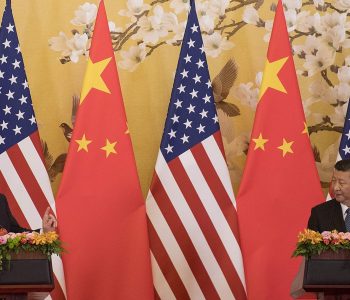

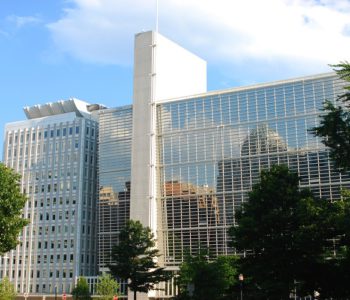


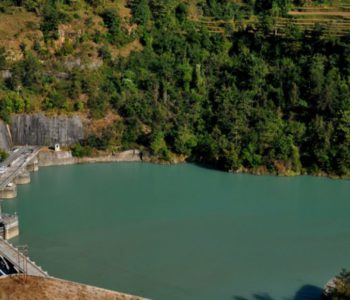
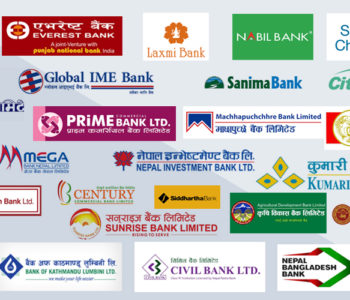


Facebook Comment